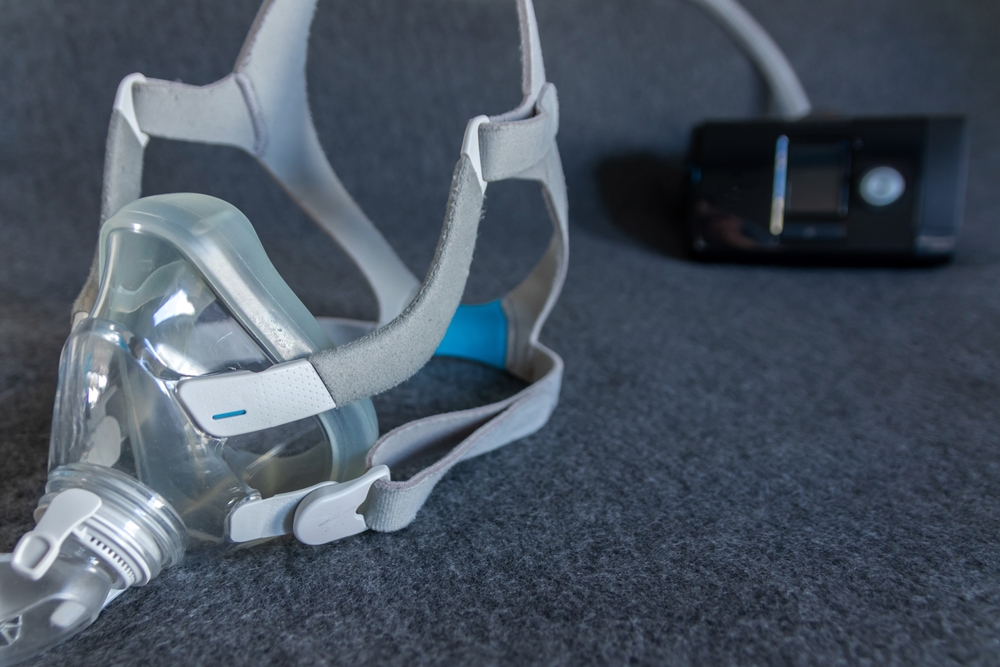Learn how to select a CPAP mask that fits well, feels comfortable, and supports successful therapy.
Why Mask Fit Matters
The success of CPAP therapy often depends on finding the right mask. A poor fit can lead to air leaks, discomfort, and reduced therapy adherence. The right mask should be snug, but not tight, and allow you to sleep comfortably through the night.
Types of CPAP Masks
- Nasal Masks: Cover the nose and are ideal for people who breathe through their nose at night.
- Full Face Masks: Cover the nose and mouth—useful for mouth breathers or those with nasal congestion.
- Nasal Pillow Masks: Fit directly into the nostrils—minimal and lightweight, best for active sleepers.
Consider Your Sleep Style
Are you a side sleeper? Do you move around a lot during the night? Your sleep habits should inform your mask choice. For example, nasal pillow masks may work best for side sleepers, while full face masks may be needed for back sleepers who snore heavily.
Comfort is Key
Look for masks with adjustable headgear and soft padding. Trying different mask types during a fitting session can help you choose the most comfortable option. Don't ignore discomfort—it's a sign you need to reassess your fit or mask style.
Trial and Adjustment
It’s normal to try a few masks before finding the right one. Work closely with your sleep specialist or equipment provider to ensure your mask supports effective, long-term therapy.
Choosing the right CPAP mask is an essential step toward better sleep. The more comfortable and effective your mask is, the more likely you are to stick with treatment—and reap the benefits of restful, restorative sleep.
